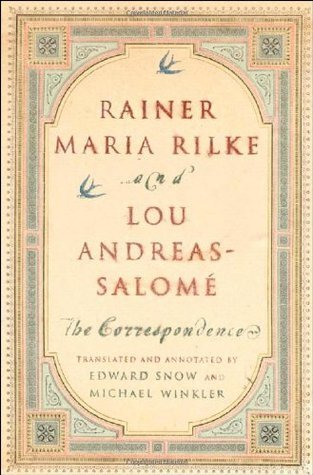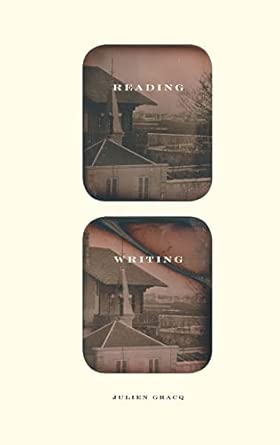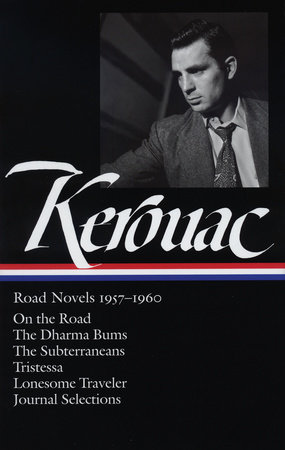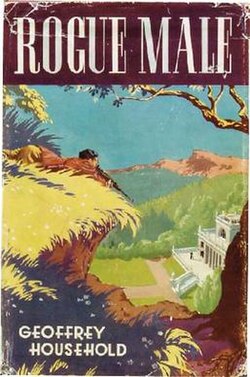fact

The Real Woman
And then I remembered an important event. It happened at a funeral in St. Paul’s chapel for a twenty-four-year-old prostitute who had overdosed in her Gastown hotel room. The small chapel was half full, and very quiet. There were a couple of fresh flower arrangements in front of the cheap, closed coffin. Most of the congregation were other prostitutes dressed in their working clothes, and a few pimps. One woman apologized to Brother Tim for having nothing black to wear, except for lingerie and a leather miniskirt.

The Main
Last summer, during a visit to Vancouver, my nine-year-old son climbed the pediment of a cast-iron traffic-light standard and put his palm on the glowing hand that warns pedestrians to stay put. My mother pointed out afterwards that my photograph of the event contained its own French caption, in the word visible over his shoulder: main.

Re-hanging the National Wallpaper
When I lived in Ottawa in the 1970s, I used to enjoy passing lazy afternoons at the National Gallery looking at the pictures. I remember how surprised I was when I first encountered the Group of Seven collection. These paintings were completely familiar—I’d seen them in schoolbooks and on calendars, posters, t-shirts, everywhere—yet at the same time they were completely unexpected.

Rainer Maria Rilke and Lou Andreas-Salomé: The Correspondence
Rainer Maria Rilke and Lou Andreas-Salomé: The Correspondence (Norton) collects all of the extant letters exchanged by Rilke and Andreas-Salomé , a patron and fellow author, and (as the jacket copy describes her) “a key fin de siècle intellectual.”

Reading Writing
The French writer Julien Gracq, who will be ninety-seven this year, is a living link to the era of Louis Aragon and André Breton. Gracq has avoided the kind of recognition that most modern writers crave (he refused the Prix Goncourt in 1951), and his body of work is little known on this continent.

Paul Martin & Companies: Sixty Theses on the Alegal Nature of Tax Havens
When Paul Martin was prime minister, and before that finance minister, he was seen and known to be a politician rather than a private operator in the higher echelons of global capital; indeed, his business persona cast only the faintest of shadows. A
.svg)
Bialystok to Birkenau: The Holocaust Journey of Michel Mielnicki
At twenty I didn’t know anything. About that time I had a Jewish boyfriend named Alain who lived with his parents in a wealthy area of town.... Now Michel Mielnicki, with John Munro, has written Bialystok to Birkenau: The Holocaust Journey of Michel
.svg)
Better Living In Pursuit of Happiness From Plato To Prozac
The recently published Better Living In Pursuit of Happiness From Plato To Prozac (Viking) by Mark Kingwell, a Canadian philosopher and intellectual celebrity, provides an in-depth analysis of our pleasure-centric society and the concept of happiness
.svg)
Being Caribou: Five Months on Foot with an Arctic Herd
People who live in the North speak of leaving as “going outside.” I recently returned to the North after a lengthy absence and found myself reading two books about the effects of the “outside,” and about the things that brought me here in the first p
















.svg)
























































.jpg)
